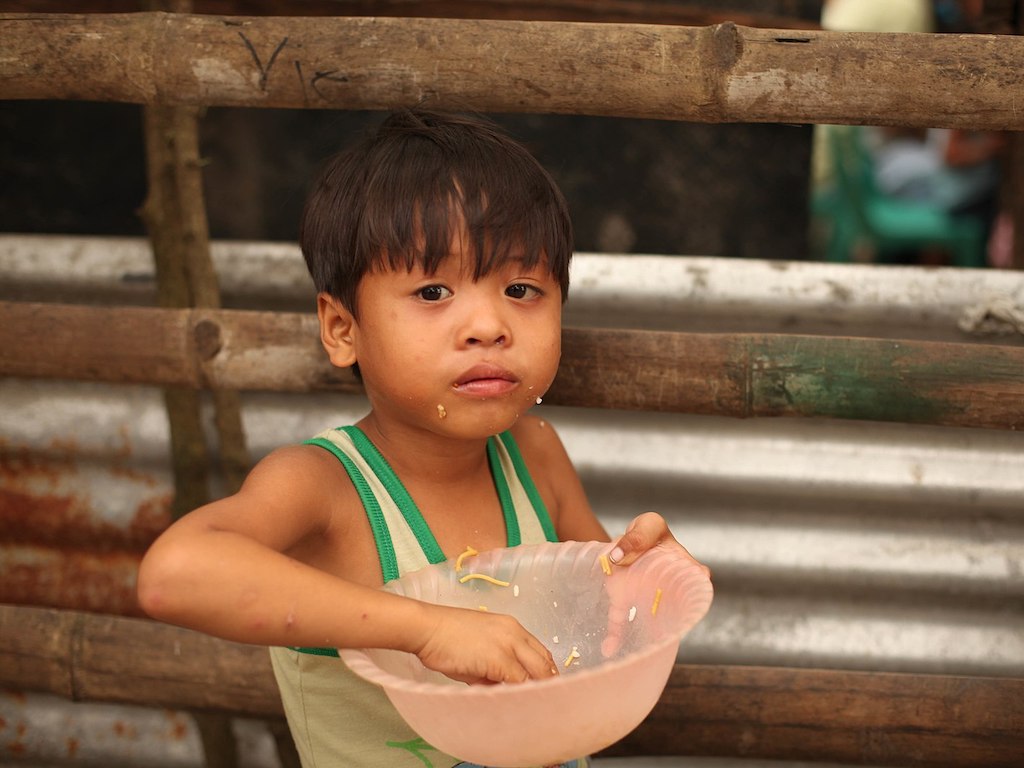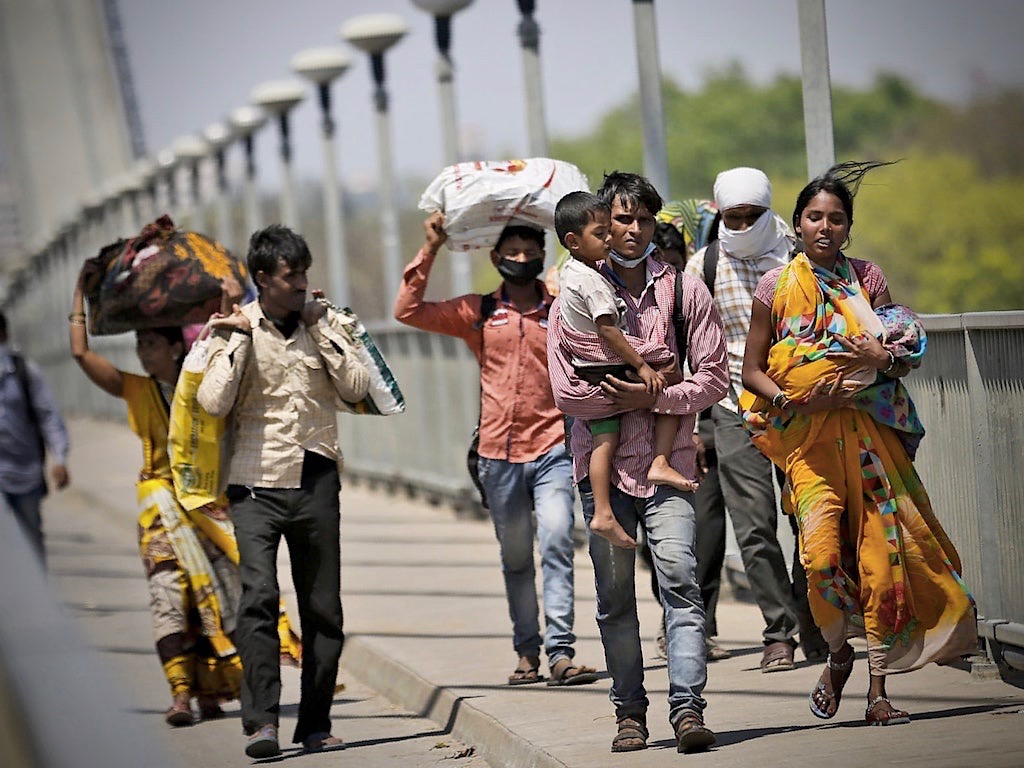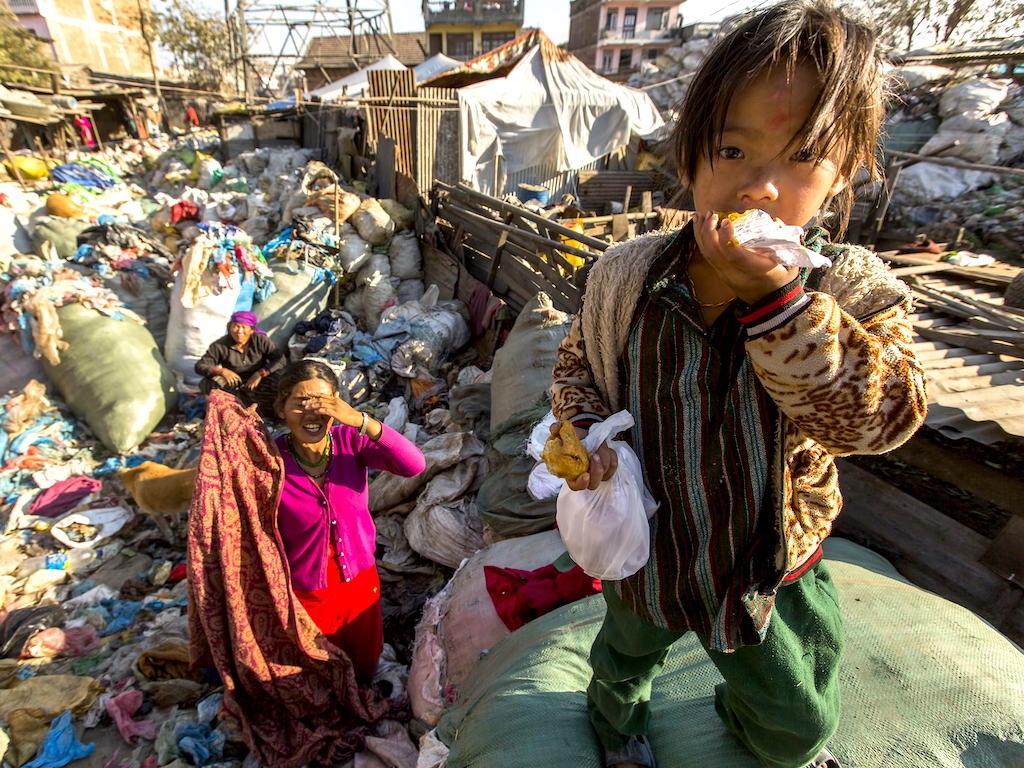4 Mins Read
The United Nations’ mid-year update, the World Economic Situation and Prospects (WESP) report, expects that the coronavirus pandemic will drive more than 34 million people into extreme poverty. Highlighting that the crisis will exacerbate existing poverty and inequality, the UN says that strong global cooperation will be critical to both contain the pandemic in the immediate-term and to ensure the security of millions in the years of rebuilding to come.
In the latest WESP mid-2020 report released on Wednesday (May 13), the United Nations says that 34 million people are expected to be pushed into extreme poverty – living on less than US$1.25 a day – due to the impact of the coronavirus pandemic. The broader global economy will see its output slashed by nearly US$8.5 trillion over next two years, with a sharp 3.2% contraction expected within 2020. This will represent a wipe-out of almost all gains made in the past 4 years.
Since the pandemic struck, nearly 90% of the world economy has been living under some form of lockdown, which has disrupted global trade and supply chains, suppressed consumer demand and led to the loss of livelihood for millions around the world. The WESP report estimates that under a “baseline” scenario, developed economies are expected to shrink by 5.0% in 2020, while the output of developing countries will see a 0.7% contraction.

By 2030, experts estimate that as many as 130 million will join as people living in extreme poverty, marking a huge hurdle for the world to overcome the global goals of eradicating poverty and hunger. The pandemic has undoubtedly affected low-wage workers disproportionately, while white-collar workers – particularly in developed countries – are left much less affected. Income inequality within and between countries is likely to grow.
While advanced economies have rolled out trillion-dollar recovery packages to stimulate the economy, most developing countries already facing chronic fiscal deficits and high levels of public debt are unlikely to be able to implement similar rebuilding efforts. Furthermore, the UN highlights that many of these economies are heavily dependent on tourism revenues and remittances from migrant work.
These grim figures follow the previous World Bank report, which warned that almost 24 million people in East Asia alone will be kept under the poverty line due to the economic fallout from the pandemic. It emphasised that tourism in Thailand and the Pacific islands, the manufacturing sector in Vietnam and Cambodia and the informal labour market across all Asian countries as key areas facing substantially higher risk of deteriorating socioeconomic conditions.

In face of such dire circumstances, WESP analysts say that strong international cooperation is an imperative, and that we must now prioritise a more sustainable recovery for the people and planet.
“[There is] a window of opportunity for “recovering better”, with renewed global solidarity enhancing public health systems, building resilience to withstand economic shocks, improving social protection systems worldwide, greening of economies and addressing climate change,” it said.
It echoed earlier comments made by UN secretary general António Guterres to “build back better” and the female-led initiative Rise for All, which calls upon world leaders in all countries and sectors to support a response to the people most vulnerable to the crisis.
Green Queen recently documented the plight of migrant workers, refugees and displaced peoples who are undoubtedly now experiencing gripping life-or-death concerns on top of existing health and economic vulnerabilities. As a part of the report, several human rights and social workers voiced the need for the world to respond to the crisis in a way that recognises the acute challenges that particular communities face.
Read our previous news coverage of Covid-19 here.
This post is published as a part of Green Queen’s partnership with the SDG Media Compact to raise awareness about the Sustainable Development Goals and share information from the World Health Organisation and the United Nations during the pandemic.
Lead image courtesy of De Visu / Shutterstock.




